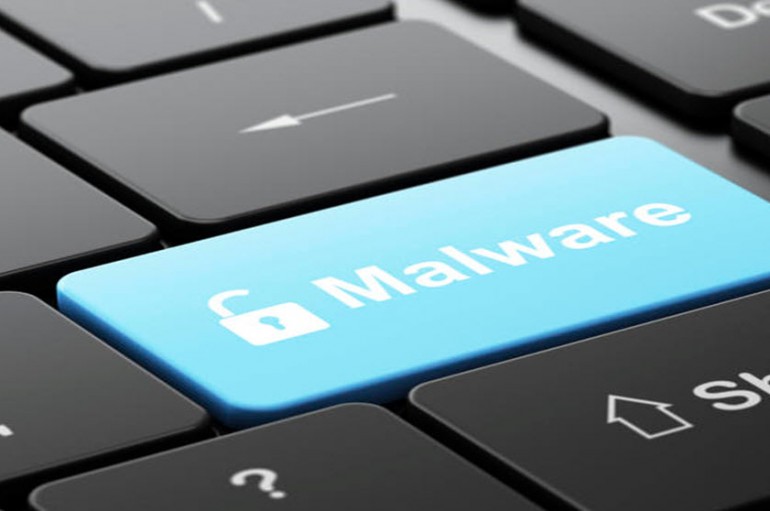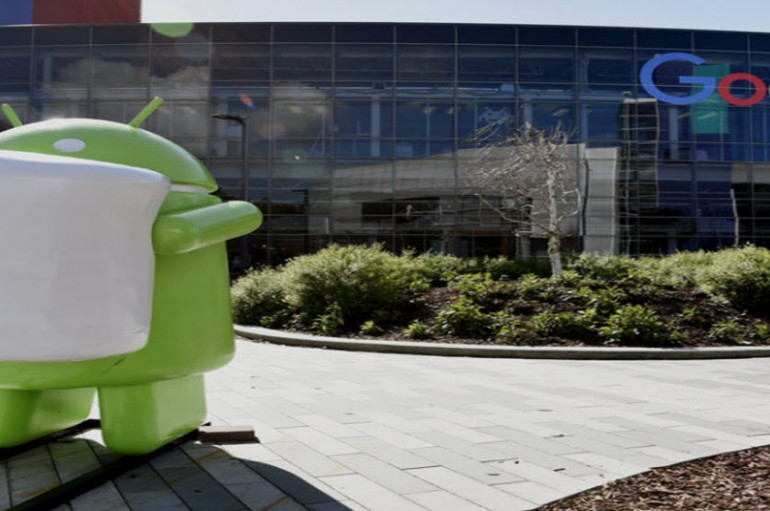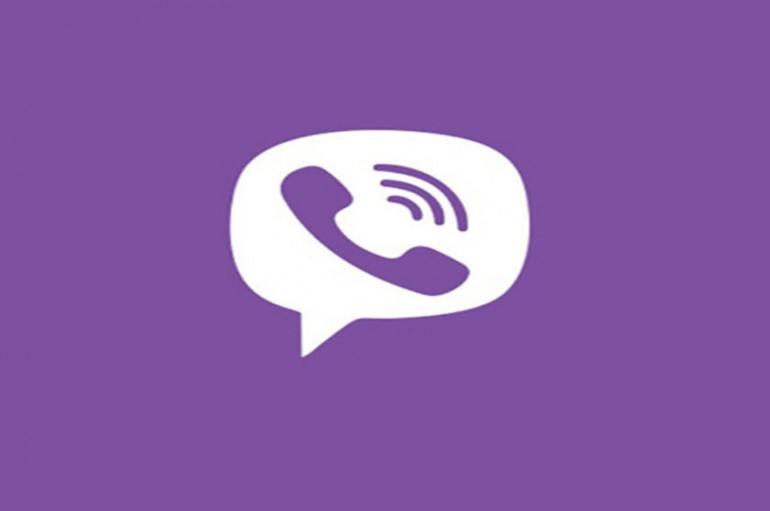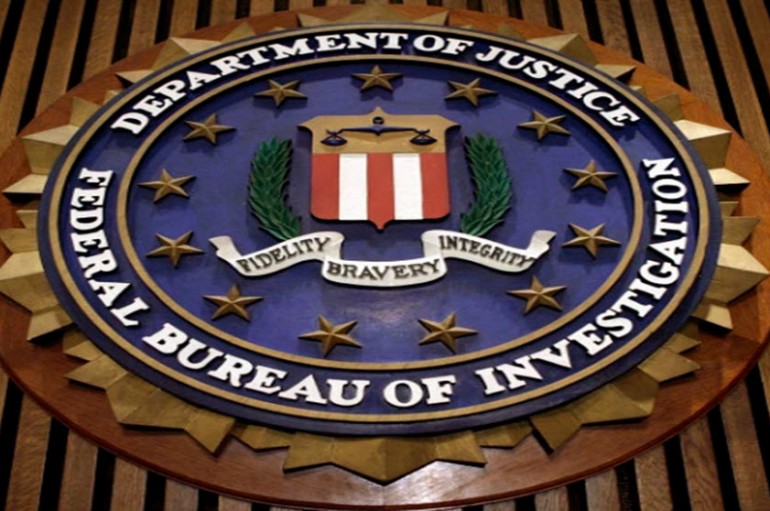Archive
Google has flagged itself as a malware risk
Google.com can be a source of malware infections – and this is according to Google itself, no less. If you check out the Safe Browsing Site Status of the search giant’s transparency report and enter Google.com as a URL to
A US federal judge has thrown out evidence in a child abuse imagery case obtained by the FBI’s use of a hacking tool. Although civil libertarians have praised the judge’s ruling to suppress the evidence, the ruling doesn’t inhibit the
Criminals in the cloud: How malware-as-a-service is becoming the tool of choice for crooks
Everyone is working to a cloud business model now — even virus writers. Rather than turning a profit just once by selling a security exploit as a one-off, authors of malicious software are now selling malware as a cloud-based service.
Malware Attacks More Frequent, Harder To Fight
The frequency and severity of malware attacks has increased “dramatically” since 2011, according to an April 19 State of the Endpoint Report from the Ponemon Institute, sponsored by CounterTack, a company that provides endpoint detection and response technology for enterprises.
For two years, SpyEye was the world’s most destructive piece of malware targeting banks and financial institutions, infecting more than 50 million PCs and causing estimated damage of $1 billion. The malware, created by a young Russian hacker who liked to
A day after Google said the homepage of its popular search engine was “partially dangerous” to malware, the company is now saying it’s safe to browse. “Safe Browsing has not recently seen malicious content on google.com,” the Mountain View company
APT spies used malware made for jealous spouses
The inspiration behind a high-level cyber-espionage attack on army officers and foreign embassy officials in India was the notorious StealthGenie spyware, designed for jealous spouses. The spies behind ‘Operation C-Major’ were admirers of StealthGenie, says Trend Micro, and copied its
The demon spawn malware targeting your account
The internet is a strange and dangerous place, especially when it comes to your personal information. With all the hackers and scammers out there, protecting your information in cyberspace is much more of a challenge these days than simply demonstrating
Security researchers have found a new memory-scraping malware program that steals payment card data from point-of-sale (PoS) terminals and sends it back to attackers using the Domain Name System (DNS). Dubbed Multigrain, the threat is part of a family of
Aleksandr Panin, the 27-year-old Russian creator behind the malware banking Trojan that allowed cybercriminals to infect millions of computers and drain bank accounts worldwide, has been sentenced to nine and half years in a US federal prison. The US Justice
Silicon Valley unites against encryption bill
Major tech firms are banding together to oppose an encryption bill that would require them to help government investigators decrypt customer data. A coalition that includes Apple, Facebook, Google, Microsoft and Twitter blasted the legislation as “unworkable” in a letter
Like so much on Capitol Hill, the encryption debate is charged with feelings. Law enforcement asserts criminals are “going dark.” Privacy advocates say, that’s not true; we are in a “Golden Age of Surveillance.” What’s missing, according to a leading
LAST MONTH, WHATSAPP, the hugely popular messaging service that Facebook owns, made end-to-end encryption the default for its 1 billion users. On Tuesday, Viber said it will do the same for the 700 million people who use it. Although Viber
PARENTS, LISTEN UP: Put your kids in engineering and computer science classes. A recent Bureau of Labor Statistics report says “software development skills continue to be the most in-demand” STEM (science, technology, engineering, and math) related jobs in the United
A federal judge ruled today that the FBI did not obtain the proper warrant before hacking a child porn website and that the evidence it collected against one of the defendants, Alex Levin, must be suppressed. The case centers on
A Manhattan couple are suing their lawyer, whose AOL email account was hacked, causing the couple to wire a $1.9 million down payment to an account taken over by scammers. Robert Millard, a managing partner at Realm Partners, and his

















